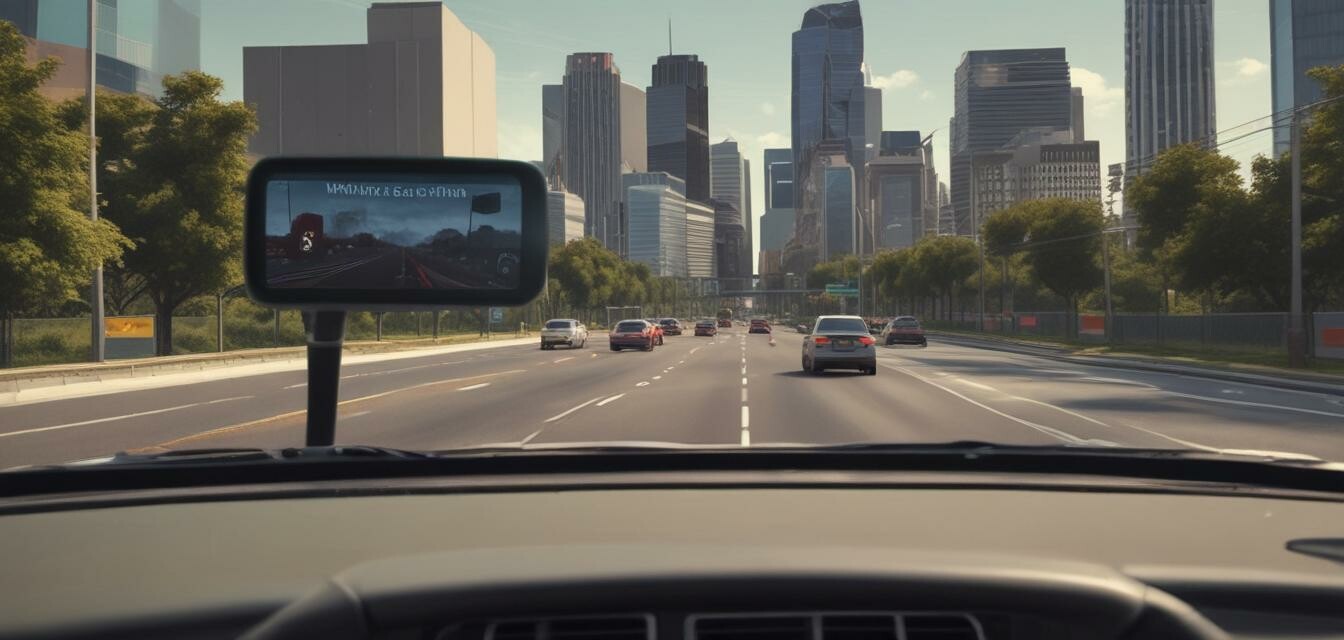
Dashcam Footage and Its Impact on Legal Proceedings
Key Takeaways
- Dashcam footage can provide critical evidence in legal cases, especially in traffic incidents.
- It helps enhance transparency and accountability among drivers and law enforcement.
- Legal standards for admissibility of dashcam footage can vary by jurisdiction.
- Understanding how to properly store and present dashcam footage is essential for its effectiveness in court.
- New advancements in dashcam technology are continually improving the quality and reliability of recorded evidence.
Dashcams have become increasingly popular among vehicle owners, not only for providing peace of mind while driving but also for their role in legal proceedings. This article will explore how dashcam footage is utilized in court cases and the significant impact it can have on legal outcomes.
The Importance of Dashcam Footage
Dashcam footage serves as an independent witness, capturing real-time evidence of incidents, which can be pivotal in legal disputes. Here’s why it matters:
- Clear evidence: Dashcams record actual events, minimizing the ambiguity that can arise in witness testimonies.
- Transparency: The footage provides a clear account of the incident, leading to fairer assessments in court.
- Accountability: Both drivers and law enforcement are held to higher standards when their actions are recorded.
How Dashcam Footage is Used in Legal Proceedings
Dashcam recordings can be utilized in various legal scenarios, including:
- Traffic accidents: Footage can clarify fault in collisions.
- Police encounters: Dashcam evidence can ensure accountability during traffic stops.
- Insurance claims: Recorded incidents can aid in quicker resolution of disputes.
Critical Factors in Admissibility of Dashcam Footage
Not all dashcam footage is automatically admissible in court. Several factors determine its validity:
| Factor | Description |
|---|---|
| Chain of custody | Ensuring the footage has been securely handled and stored from the moment of recording to presentation in court. |
| Quality and clarity | The footage must be of sufficient quality to provide clear insights into the incident. |
| Recording date and time | Footage must be time-stamped accurately to establish a factual timeline of events. |
| Permission and privacy | Consideration of privacy laws regarding where and how footage was recorded. |
Legal Precedents Involving Dashcam Footage
There have been several notable cases where dashcam footage played key roles in legal proceedings. Here are a couple of instances:
- Case 1: A dashcam recorded a head-on collision, providing evidence that helped establish liability.
- Case 2: Footage from a police dashcam was crucial in verifying the sequence of events during a controversial traffic stop.
Impacts on Insurance Claims
Dashcam footage can also significantly affect insurance claims. Here's how it influences the settlement process:
| Benefit | Description |
|---|---|
| Streamlined claims process | Clear evidence can expedite the evaluation and approval of claims. |
| Reduced fraud | Footage helps mitigate fraudulent claims and disputes. |
Future Trends in Dashcam Technology
As technology evolves, so do dashboard cameras. Here are some emerging trends that will impact how dashcams are used in legal proceedings:
- Higher-resolution footage: 4K resolution and beyond are becoming more common, providing crystal-clear images that help in legal evaluations.
- AI integration: Newer models are being developed with artificial intelligence features that can automatically detect incidents and store critical footage.
- Real-time sharing: Future dashcams may include capabilities for immediate sharing of footage with legal and insurance firms.
Tips for Using Dashcam Footage Effectively
Tips for beginners
- Ensure your dashcam is properly mounted and the lens is clean.
- Regularly check and maintain your dashcam to prevent technical failures.
- Familiarize yourself with your local laws concerning dashcam recording.
Pros
- Provides clear evidence for court cases.
- Enhances accountability for all parties involved.
- Can expedite the insurance claims process.
Cons
- Footage quality may depend on the camera model.
- Legal admissibility can vary by jurisdiction.
- Privacy concerns may arise in certain recording locations.
Conclusion
Dashcam footage is proving to be invaluable in legal proceedings, providing critical evidence that can influence the outcomes of cases. As technology continues to advance, the role of dashcams in ensuring safety and accountability will likely become even more significant. To stay informed on the latest developments regarding dashboard cameras, be sure to check our articles on news and trends or explore our comprehensive buying guides for choosing your next dashcam.
